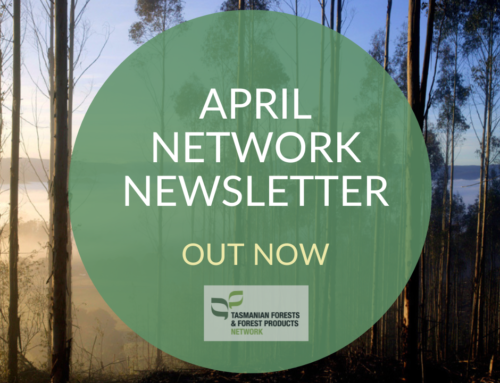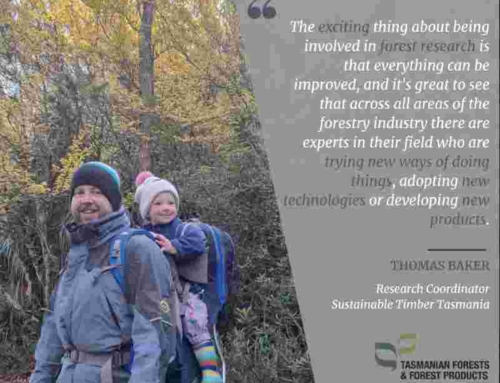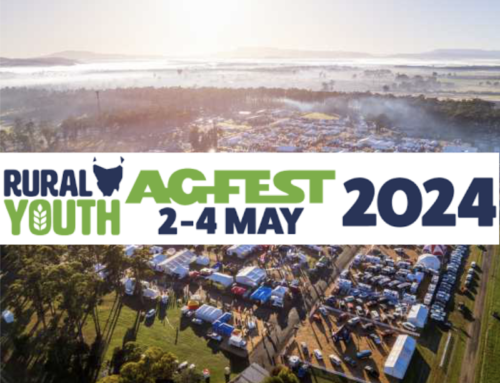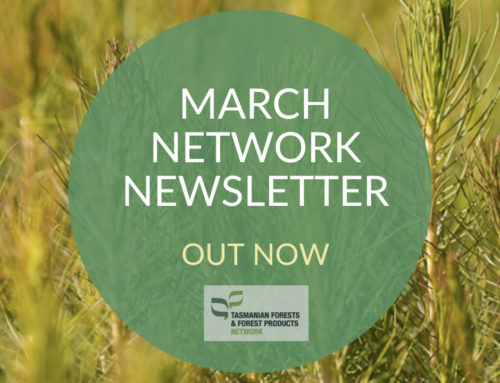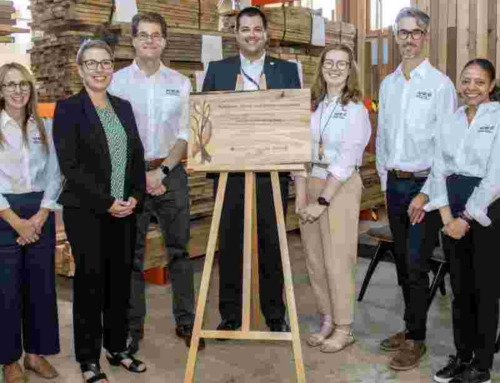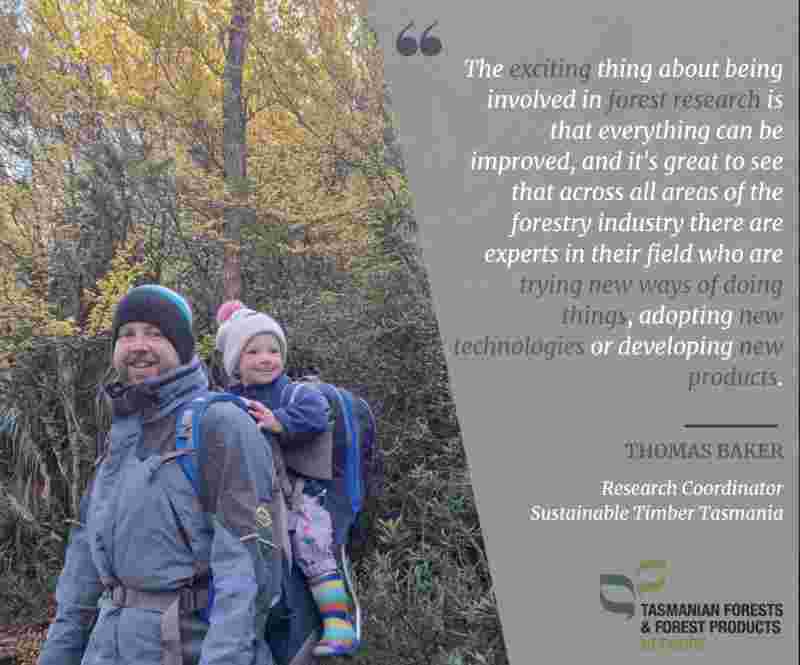Forestry, TasRail’s fastest growing customer base
TasRail has provided its customers with around three million tonnes of rail haulage in the last financial year, according to Corporate Affairs and Strategy Manager, Neale Tomlin.

TasRail has installed Book Ends at its Brighton and Parattah Log Yards to increase storage capacity and safety.
“As a total rail freight task this equates to an impressive 499 million net tonne kilometres [1] – the second largest rail task since TasRail was formed in 2009,” Mr Tomlin said.
TasRail holds long-term contracts to provide rail logistics services to Tasmania’s heavy industries and freight forwarders.
“We operate in a highly competitive market with industry focussed on efficiency, safety, and operational capability. In a vote of confidence, TasRail executed five major customer contracts in 2021-22 spanning intermodal, bulk, and log haulage as well as mineral ship loading services.”
Several years ago, TasRail identified the forestry sector as an opportunity for ongoing growth. Today, transporting whole logs is TasRail’s fastest growing customer segment.
“Based on industry’s preference for safe and efficient bulk log transport, 2021-22 saw a record log tonnage hauled by TasRail, with more than 230,000 tonnes transported from the south of the state to Bell Bay for processing and export – a 32 per cent increase on the previous year,” Mr Tomlin said.
Building on this base, TasRail continues to work with the timber industry to secure additional tonnages, via different freight corridors and alternative markets.
The Tasmanian Government’s $5.05 million Forestry Stimulus Package has allowed TasRail to partner with Tasmanian suppliers to design and manufacture additional equipment to service the forestry industry.

In partnership with Elphinstone at Triabunna, TasRail’s ‘Logtainers’ provide flexibility for so the same train can transport logs and shipping containers.
“This will provide an uplift in capacity, productivity and safety during terminal and rail haulage operations,” Mr Tomlin said.
“TasRail’s customer contracts require it to operate disciplined, safe, and on-time rail logistics.”
‘Freight Availability’ is a key metric for TasRail. It measures performance in customer freight being available to unload at the agreed time. In 2021-22, TasRail had a combined Freight Availability target for its six daily intermodal services (including forestry) of 96 per cent and achieved an actual result of 98.9 per cent.
Mr Tomlin believes being on time is an integral part of TasRail’s value proposition to its customers.
Focusing on the future, TasRail is investigating alternatives to diesel-powered locomotives, noting the global rail industry is investing research and development funds into low and zero emission locomotive technologies including battery, diesel/battery hybrid, and green hydrogen to power fuel cells and for conversion into synthetic fuels.
“Freight rail, per tonne kilometre of freight transported is very efficient in terms of carbon intensity but—to remain competitive into the future—TasRail will need to commercialise zero (low) emission locomotive technology.
“Given Tasmania’s renewable energy economy, TasRail is well positioned to take advantage of these developing locomotive technologies,” said Mr Tomlin.
If you would like to discuss the opportunity to haul your timber products by rail (whole logs, finished timber products or woodchips) you can contact TasRail’s Business Development Specialist Allan Bach on 0457 546 373 or allan.bach@tasrail.com.au
[1] ‘Net Tonne Kilometres’ is the weight of the freight transported multiplied by distance travelled to calculate the true size of the freight task and is the metric used widely across rail, road, and shipping operations.


